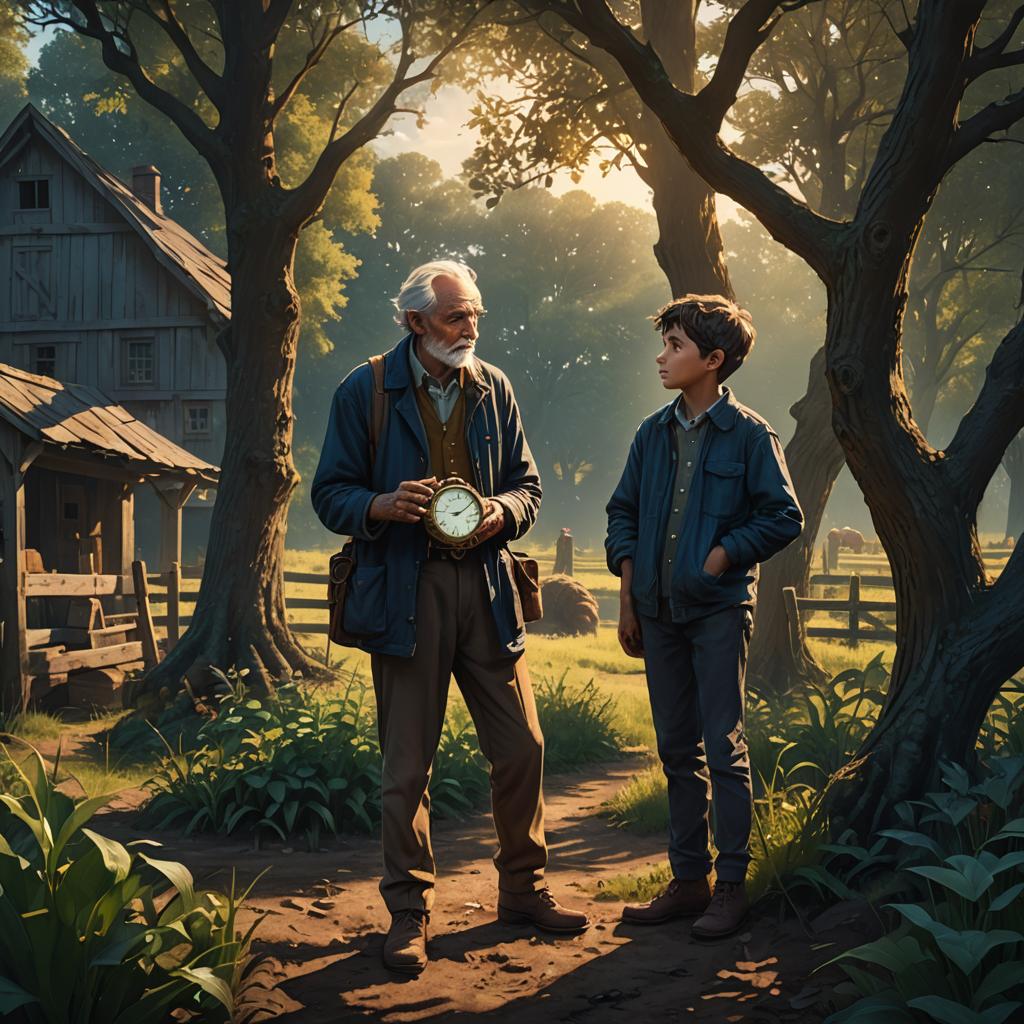As people grow older, it’s as if life slowly beckons them back to the essence of their origins. In youth, the mind is expansive, open to the world like a traveler standing at the edge of a vast horizon, eager to explore. Ideas flow freely, unburdened by the weight of convention, and curiosity pushes people to challenge norms, embrace diversity, and seek out the unfamiliar. They might travel, meet new people, absorb cultures, or experiment with beliefs, reveling in the boundless nature of possibility. But with time, that horizon begins to blur. The open road narrows as the mind gravitates toward the familiar, yearning for the security of certainty rather than the thrill of exploration.
Take, for example, a young student who once fiercely debated against the rigid views of their parents. They might argue for new social causes, explore alternative lifestyles, or adopt progressive philosophies. They question the values they were raised with, wanting to believe they will not fall into the same patterns. But as the years pass, and they navigate the complexities of adulthood—career pressures, financial responsibilities, family obligations—those radical ideas seem less practical, and the ideals that once fueled their rebellion slowly give way to pragmatism. By midlife, they might find themselves holding onto the very principles they once sought to escape, returning to their cultural or familial roots, embracing traditions with a sense of reverence that once seemed foreign.
Another example can be found in relationships. In youth, people often believe in boundless love, a connection that transcends the limitations of upbringing, race, or status. But as the years wear on, many end up choosing partners who reflect the familiar patterns of their origins. They marry someone who shares their background, their language, their social habits, even their tastes. The daring, rebellious love that once seemed possible becomes a fleeting memory, replaced by the comfort of sameness. The radical thinker becomes the cautious guardian of tradition, the once free-spirited soul now building fences around their world, ensuring that what is inside is known and predictable.
Even in the realm of ideas, where the young dream of shaping new futures, the old often revert to the past. A person might, in their youth, rally for political reform, fight for equality, and embrace progressive movements. But as they age, they might come to see these once-cherished ideals as naïve or too idealistic. They adopt the language of “realism,” and the open-mindedness of their youth, which once sought to understand all perspectives, narrows into a more rigid belief that the old ways weren’t so wrong after all. The mind, which once soared with the winds of change, now curls inward, seeking the stillness of certainty.
It is a paradox of human growth: the more life stretches people, the more they often return to their core. This return isn’t necessarily a regression, but rather a retreat into the comfort of the known. The once-rebellious thinker, the open-hearted adventurer, the seeker of change—each, in their own way, might find themselves drawn back to their beginnings, closing off the world in favor of what is safe, familiar, and rooted deep within their origin. The unknown, which once beckoned with the promise of discovery, becomes a threat, and people, slowly but surely, close the windows of their minds and hearts, content to dwell in the familiar rooms they know so well.

